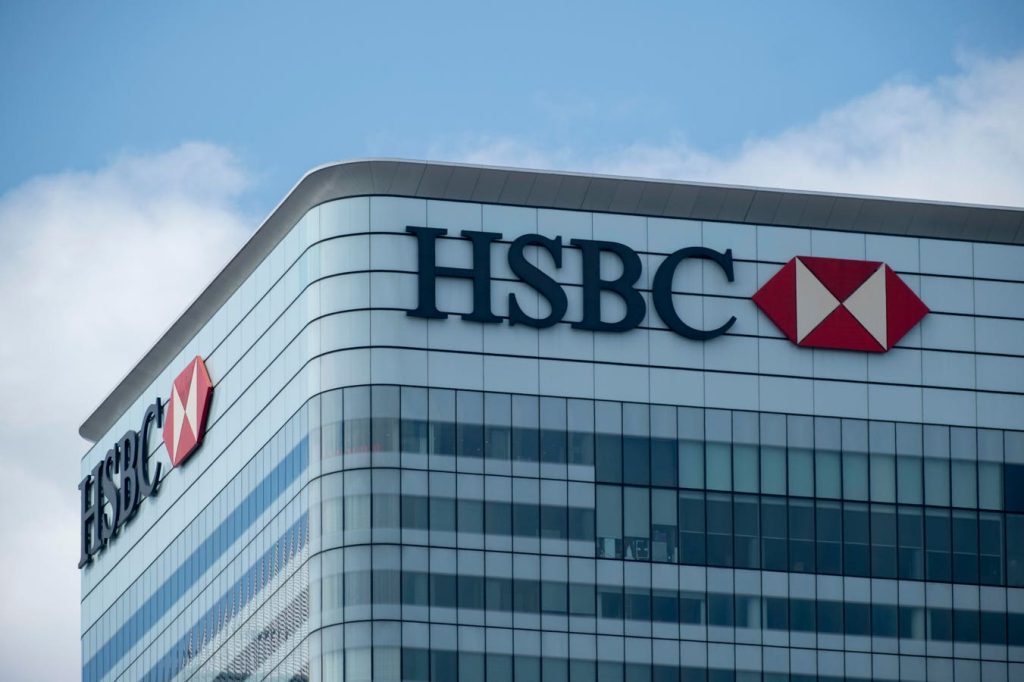HSBC’s stock has seen strong gains this year, increasing by 80% from $25 in early January to around $45 now. Despite this, it is still trading 16% below its fair value of $52 per share, according to Trefis’ estimate. The stock has outperformed the S&P 500 over the last three years, with returns of 16% in 2021, 3% in 2022, and 30% in 2023. However, it underperformed the S&P in 2021, highlighting the difficulty for individual stocks to consistently beat the market. The Trefis High-Quality Portfolio, on the other hand, has outperformed the S&P 500 each year over the same period, providing better returns with less risk.
In the first quarter of 2024, HSBC reported GAAP revenues of $20.75 billion, up 3% year-over-year. This was driven by a significant increase in corporate and other revenues, mainly due to a gain from the completion of the disposal of banking business in Canada. However, commercial banking revenues decreased by 17% year-over-year, and wealth and personal banking business also saw a 21% drop. Total expenses as a percentage of revenues increased in the quarter, resulting in a 2% drop in profit before tax, and profit after tax declined by 2% to $10.84 billion.
For full-year 2023, HSBC’s top line improved by 30% to $66.06 billion, driven by a rise in wealth and personal banking as well as commercial banking segments. Total expenses as a percentage of revenues saw a favorable drop, leading to a 51% increase in profit after tax to $24.6 billion. Looking ahead, HSBC is expected to see growth in its Net Interest Income in Q2, with estimated revenues reaching $67.8 billion in FY2024. Additionally, the company’s adjusted net income margin is expected to increase due to higher revenues and lower expenses, leading to a GAAP EPS estimate of $6.14 and a P/E multiple of just above 8x, resulting in a valuation of $52 per share.
Amid the current uncertain macroeconomic environment with high oil prices and elevated interest rates, there are speculations on whether HSBC could face a situation similar to 2021 and underperform the S&P over the next 12 months. However, there is also the possibility of a strong jump in performance. The company’s performance over the past few years has been mixed, with periods of underperformance compared to the S&P 500. It remains to be seen how HSBC will navigate through the challenges presented by the current economic conditions and strive to outperform the market going forward.
Overall, the performance of individual stocks, including HSBC, has shown challenges in consistently beating the S&P 500 in recent years. While some heavyweights in the Financials sector and tech giants have also faced difficulties in outperforming the market, Trefis’ High-Quality Portfolio has managed to provide better returns with less risk compared to the benchmark index. This highlights the importance of a diversified approach to investing and the benefits of a well-balanced portfolio strategy. Investors will be keeping a close eye on HSBC’s performance in the coming months to see how it fares against the backdrop of a challenging macroeconomic environment.













